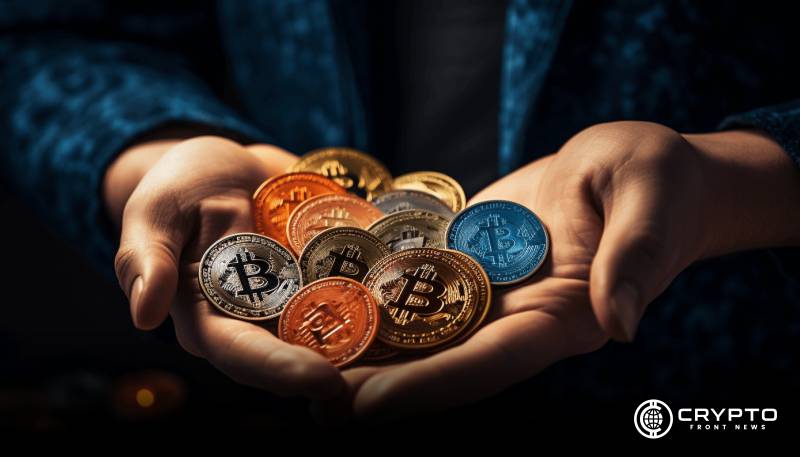- Virtual currencies in China have property status but are heavily regulated to prevent misuse.
- Token issuance without approval is deemed illegal, violating financial and fundraising regulations.
- Contracts involving virtual currencies face strict scrutiny and may be invalid if they breach laws.
The Shanghai High Court has clarified the legal status of virtual currencies, describing them as virtual commodities with property attributes. However, despite their legal recognition, the court emphasized that business activities involving virtual currencies, including trading and token issuance, are strictly regulated under Chinese law.
The high-pressure regulatory environment is designed to combat financial risks and prevent illegal activities associated with these digital assets.
In 2017, a case emerged when an agricultural development company (Company X) sought to raise funds by issuing its virtual currency. With support from an investment management firm (Company S), Company X entered into a “Blockchain Incubation Agreement,” tasking Company S with preparing a white paper and facilitating the issuance of tokens.
Despite paying RMB 300,000 in service fees, Company X could not issue the tokens due to unforeseen requirements, such as developing an app, which fell outside the agreement’s scope. Frustrated, Company X pursued legal action to terminate the contract and recover its payment.
The Songjiang District People’s Court ruled that the agreement was invalid, as the planned token issuance constituted an illegal financial activity. The court noted that neither party was qualified to engage in token issuance, and the service violated financial regulatory provisions.
While virtual currencies like Bitcoin are not inherently illegal in China, their use in speculative trading and financing poses significant risks.
Authorities argue that such activities can disrupt the financial order, facilitate illegal practices like money laundering and fraud, and endanger public interests. The court highlighted that token issuance is often considered unauthorized public fundraising, contravening financial regulations.
The court emphasized that contracts involving virtual currencies are subject to strict scrutiny. Judges are tasked with determining whether such agreements violate mandatory legal provisions. Invalid contracts result in the return of funds or compensation, but parties involved in illegal activities may share liability.





